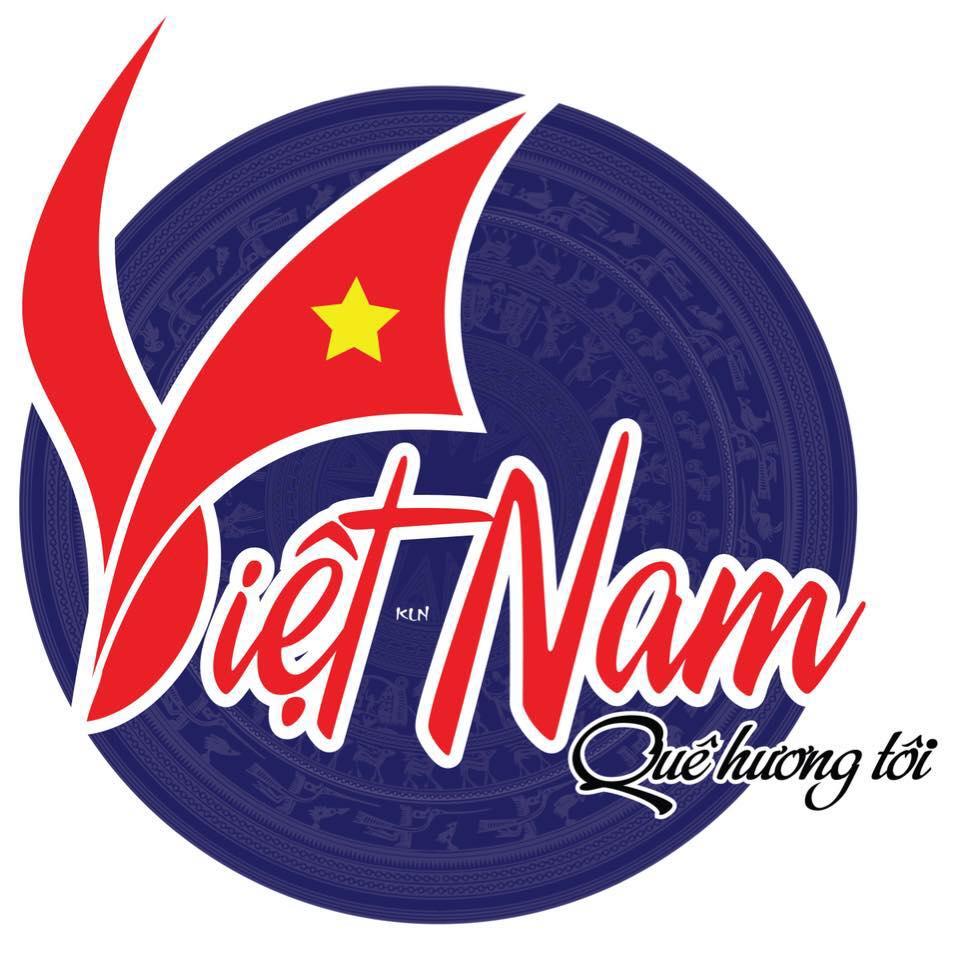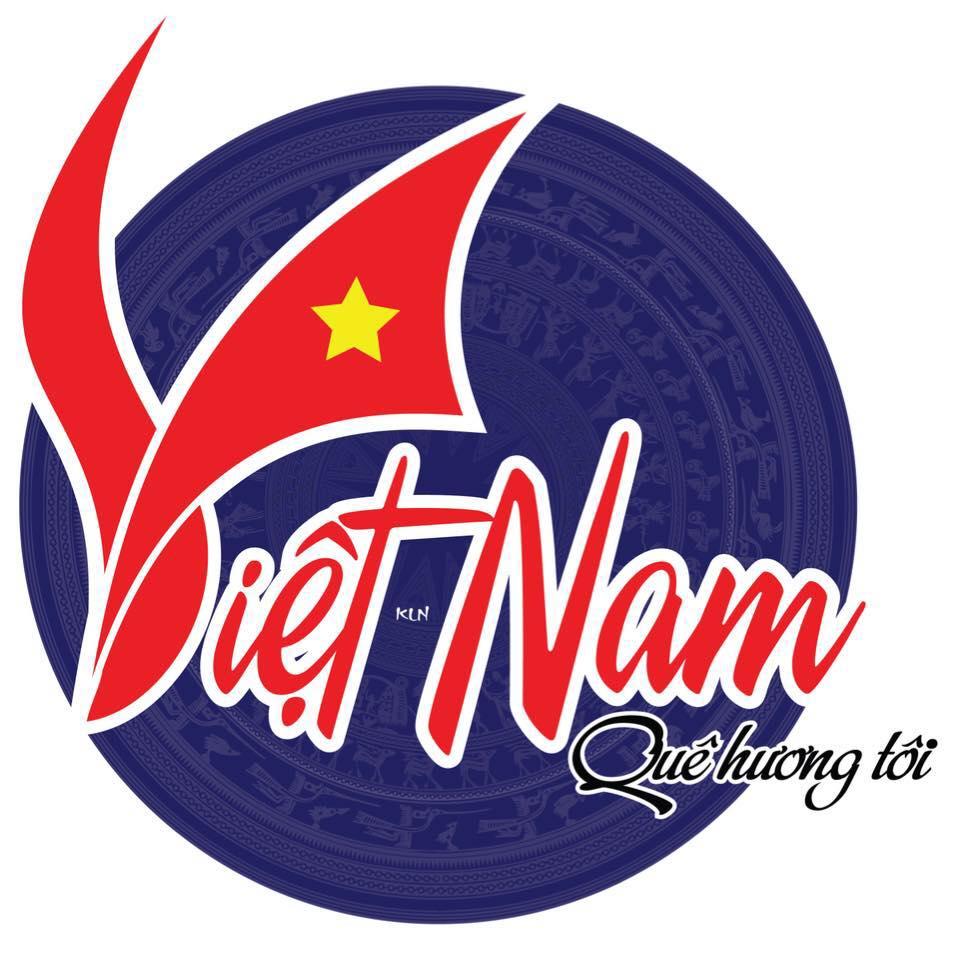The Zero Turn Mowers market is experiencing robust growth due to the increasing demand for efficient lawn care solutions. Zero turn mowers, known for their exceptional maneuverability and speed, are popular among both commercial and residential users. Their unique design allows for tighter turns and greater efficiency, making them ideal for landscaping and turf maintenance. As consumers seek quality and performance in lawn care equipment, the market for zero turn mowers is expected to expand significantly, driven by innovations and advancements in technology.
The zero-turn mowers market is experiencing a surge in demand, primarily fueled by the increasing emphasis on efficient lawn maintenance, residential and commercial landscaping needs, and advancements in mower technology. Zero-turn mowers, known for their superior maneuverability and cutting efficiency, have become a preferred choice for homeowners, landscaping professionals, and golf course operators. The “zero-turn” capability allows the mower to pivot around its axis, drastically reducing the time required to mow large areas compared to traditional lawn mowers.
Market Drivers
The growing awareness of landscape aesthetics and green maintenance has bolstered the zero-turn mowers market. Homeowners and commercial property managers are investing in high-performance mowers to maintain lawns and green spaces with precision and minimal effort. The demand for time-saving equipment and high productivity is driving the adoption of zero-turn mowers in residential, commercial, and municipal applications.
Technological advancements are also playing a pivotal role in market expansion. Modern zero-turn mowers are equipped with features like advanced steering mechanisms, ergonomic seating, automated height adjustment, and fuel-efficient engines. Additionally, the trend toward battery-powered and electric zero-turn mowers is gaining momentum, aligning with sustainability goals and reducing environmental impact.
Market Segmentation
The market is segmented by mower type, engine type, application, and end-user. By type, zero-turn mowers are classified into residential, commercial, and riding mowers. Commercial zero-turn mowers, with robust engines and durable construction, are designed for continuous operation in professional landscaping, municipal parks, and golf courses. Residential models focus on ease of use, maneuverability, and safety for personal property maintenance.
Engine type segmentation includes gasoline, diesel, and battery-powered mowers. Gasoline engines remain popular due to affordability and power, while battery-powered options are gaining traction due to lower emissions and quieter operation. By application, zero-turn mowers cater to residential lawns, commercial landscapes, golf courses, sports fields, and parks. Residential and commercial applications dominate market demand due to the increasing number of households investing in premium lawn care equipment.
Regional Insights
North America is the largest market for zero-turn mowers, driven by extensive residential properties, well-maintained public parks, and a high adoption rate of advanced lawn care equipment. Europe and Asia-Pacific regions are witnessing steady growth due to rising disposable incomes, urbanization, and the expansion of landscaping services. Emerging economies are increasingly investing in modern gardening and maintenance equipment, which is contributing to market expansion in Asia-Pacific and Latin America.
Challenges
High initial costs and maintenance requirements for commercial-grade zero-turn mowers can act as a barrier for small-scale operators. Additionally, training and safety concerns must be addressed to prevent accidents, particularly in residential settings. Market penetration in developing regions is slower due to limited awareness of advanced mower technology and budget constraints among potential consumers.
Future Outlook
The future of the zero-turn mowers market is optimistic, driven by ongoing innovations and sustainability trends. Electric and hybrid zero-turn mowers are expected to gain prominence as governments and consumers increasingly prioritize environmental considerations. Integration of smart technology, such as GPS-guided mowing, automated terrain mapping, and connectivity features, will enhance operational efficiency and convenience. The market is expected to witness continued growth as both residential and commercial users seek high-performance, eco-friendly lawn maintenance solutions.
FAQ
Q1: What is a zero-turn mower, and how is it different from traditional mowers?
A zero-turn mower can pivot around its axis, allowing tighter turns and faster mowing compared to traditional rotary or riding mowers.
Q2: Are zero-turn mowers suitable for residential use?
Yes, residential zero-turn mowers offer ease of use, maneuverability, and time efficiency for home lawn maintenance.
Q3: What are the emerging trends in zero-turn mowers?
Battery-powered and electric mowers, smart technology integration, and fuel-efficient engines are key trends shaping the market.
More Related Reports:


